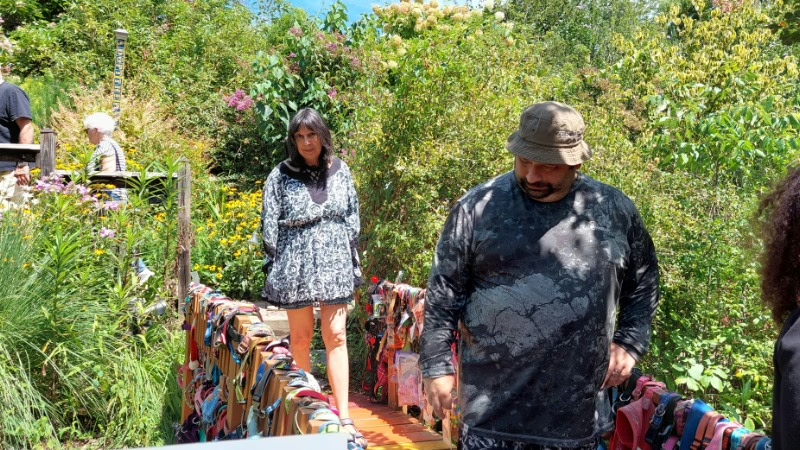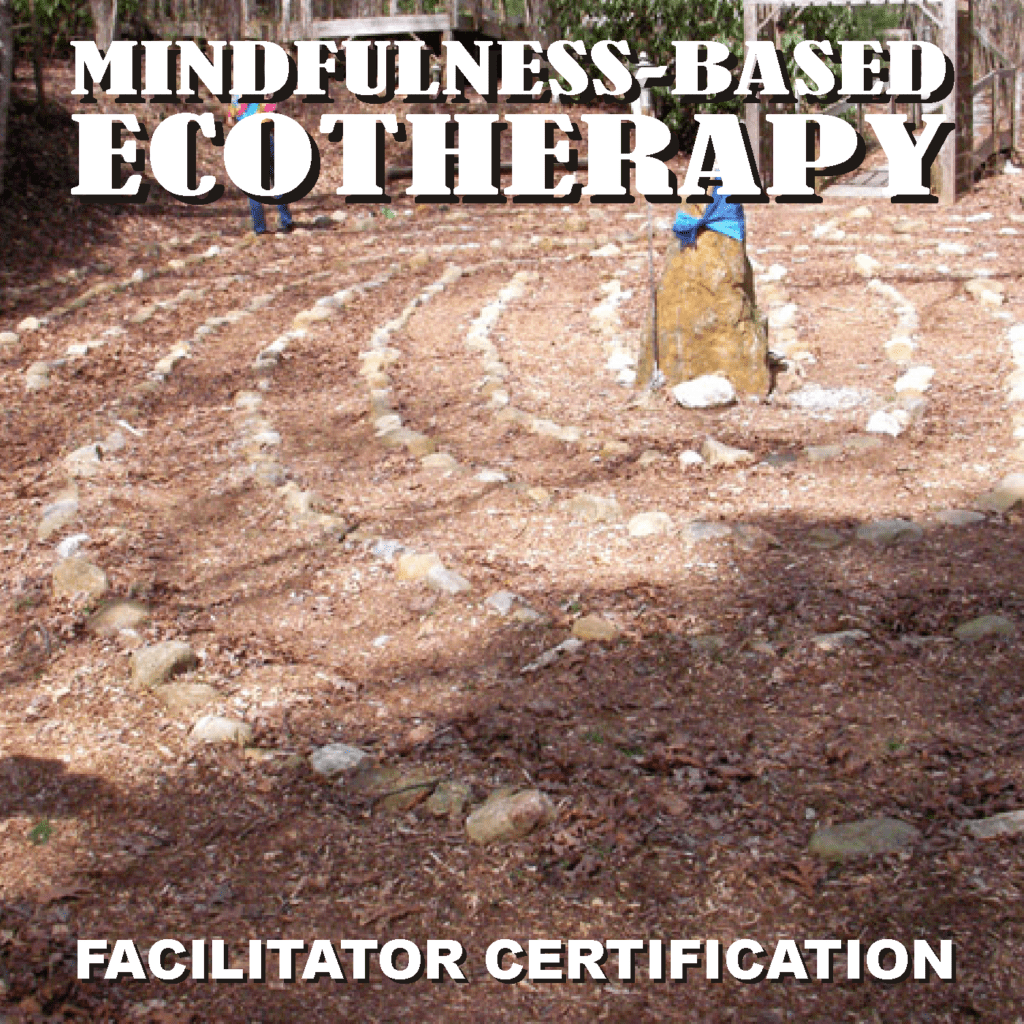
Table of Contents
Relapse prevention is one of the most critical aspects of long-term recovery from addiction and other harmful behavioral patterns. While traditional relapse prevention strategies often focus on cognitive and behavioral skills, Mindfulness-Based Ecotherapy (MBE) offers a unique way to strengthen resilience through nature. By combining mindfulness techniques with the healing presence of the natural world, MBE provides people in recovery with tools not only to avoid relapse but also to build a healthier and more grounded lifestyle.
Recovery and the Need for Holistic Approaches
Relapse prevention has typically been framed as a matter of willpower, self-control, and strict adherence to coping strategies. While these tools can be effective, they sometimes overlook the deeper emotional and spiritual dimensions of recovery. Addiction, stress, anxiety, and depression are disconnections from self, community, and environment.
Mindfulness-Based Ecotherapy fills this gap by integrating traditional mindfulness practices with ecotherapy principles. Instead of treating relapse prevention as a battle of resisting urges, MBE reframes it as a journey toward wholeness and reconnection. In this model, the natural world becomes a partner in healing, offering both a physical space for reflection and a symbolic reminder of cycles, growth, and renewal.
How MBE Supports Relapse Prevention Through Mindfulness
At the heart of relapse prevention is the ability to recognize triggers before they escalate into harmful behavior. Mindfulness trains individuals to notice their thoughts, feelings, and bodily sensations in the present moment without judgment. When practiced in a natural setting, this awareness is magnified.
For example, someone practicing mindfulness in a forest may notice the rhythm of their breath aligning with the rustling of leaves or the flow of a stream. These sensory experiences anchor them in the moment and help reduce anxiety, stress, and cravings. Over time, the brain begins to associate recovery with peace, presence, and balance. These qualities make relapse less appealing.
This combination of mindfulness and nature creates a feedback loop: mindfulness helps calm the mind, nature soothes the body, and together they strengthen the individual’s resilience against relapse.
Nature as a Tool for Relapse Prevention in MBE
One of the unique contributions of MBE to relapse prevention is its use of nature as a co-therapist. Research has shown that spending time outdoors reduces cortisol levels, lowers blood pressure, and enhances mood. These physical benefits create a foundation of stability that makes relapse less likely.
In addition, nature provides powerful metaphors for recovery. Watching a tree shed its leaves in autumn reminds us that letting go is part of growth. Observing a river carve its way through stone over centuries demonstrates persistence. These lessons help individuals reframe their recovery journey not as a series of battles but as a natural process of change and renewal.
By integrating outdoor mindfulness practices such as walking meditations, grounding exercises, or mindful observation of natural elements, MBE makes relapse prevention not just a cognitive strategy but a lived experience.
Building Resilience With MBE in Relapse Prevention
Resilience is the ability to adapt to stress, setbacks, and change without returning to harmful behaviors. In relapse prevention, resilience is crucial because recovery is a journey filled with challenges.
Mindfulness-Based Ecotherapy builds resilience by teaching individuals to remain grounded in the present moment, accept difficulties without judgment, and draw strength from natural cycles. Instead of seeing cravings or setbacks as failures, MBE encourages viewing them as temporary weather systems—clouds that pass over the sky of awareness. This perspective reduces shame and self-blame, which are often triggers for relapse.
By cultivating a mindful relationship with the natural world, individuals learn to trust their own ability to weather life’s storms. In this way, resilience becomes not just an abstract concept but a lived practice, rooted in both mindfulness and nature.
The Future of Relapse Prevention Through Mindfulness-Based Ecotherapy
As relapse prevention strategies evolve, more practitioners are turning to integrative methods that address the whole person. Mindfulness-Based Ecotherapy represents a promising path forward, blending evidence-based mindfulness with the healing power of the outdoors.
In treatment centers, community programs, and personal recovery plans, MBE offers a practical way to strengthen resilience, reduce stress, and create lasting change. Whether it’s through structured therapy sessions in a park, personal mindfulness walks, or guided ecotherapy exercises, MBE empowers people in recovery to find strength not only within themselves but also in the natural world that surrounds them.
Relapse prevention is about saying “yes” to a new way of living. Through mindfulness-based ecotherapy, people can reconnect with nature, rediscover balance, and reinforce the resilience needed for lifelong recovery.
Share Your Thoughts!
What do you think? Share your thoughts in the comments below! And don’t forget to subscribe to our newsletter!


